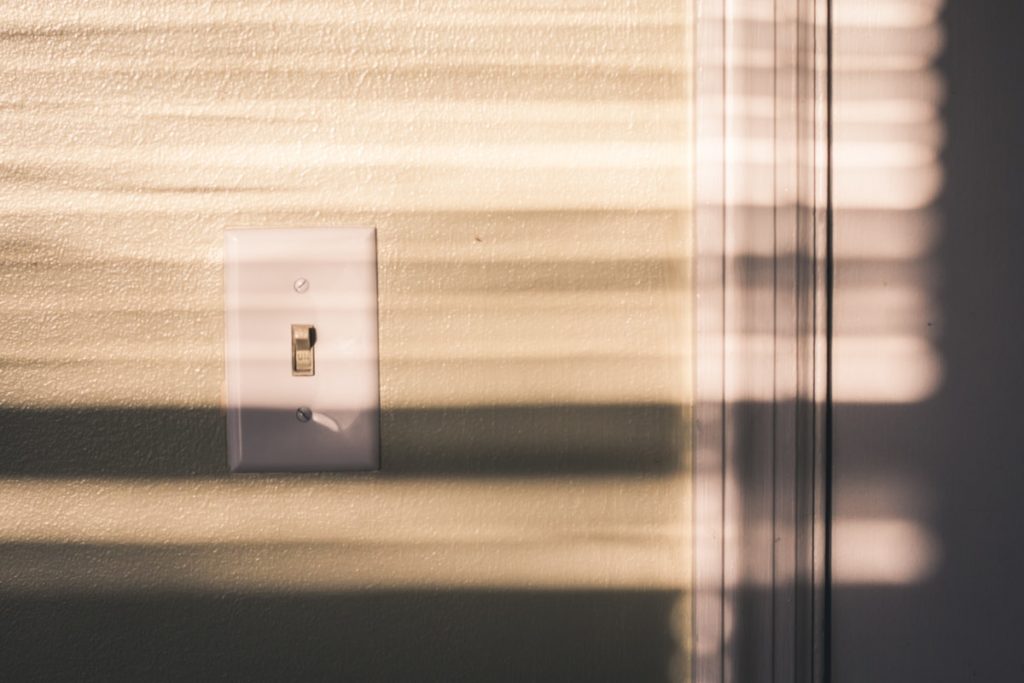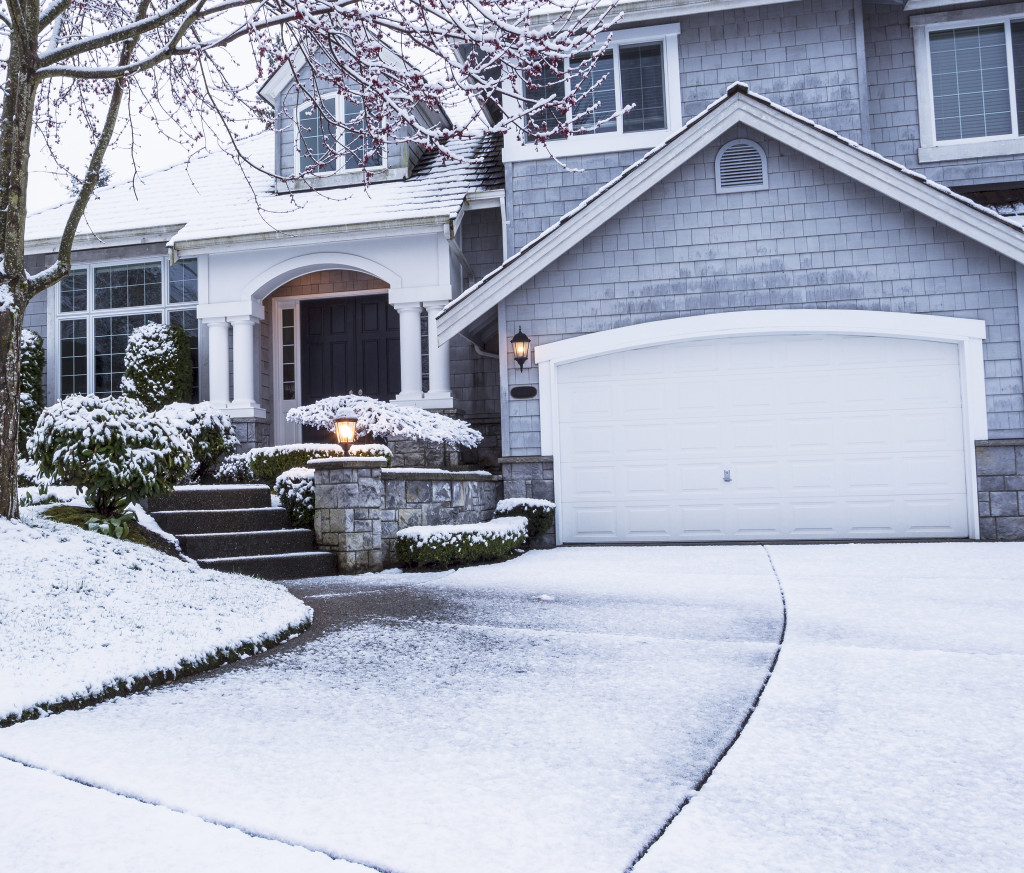Electricity is one of the essential utilities we often take for granted until something goes wrong. We are used to the idea of having electricity every time we need it. Without it, we experience major disruptions in our everyday life as well as the entire community and economy.
Living in a technologically wired world where nearly everything requires a steady supply of electricity can lead to major interruptions, even during short-term power failures. Aside from the inability to use electrical devices, a power outage causes big troubles to the average homeowner, such as water contamination, food spoilage, lack of communication channels, and inability to use medical devices.
From winter blizzards and summer storms, several parts of the U.S. are prone to severe weather conditions throughout the year. Most people come prepared by installing home generators as their backup power source. But apart from having electricity alternatives, it is important to know what to do in times of power outages. This article will provide helpful information to ensure your family is comfortable and safe during any kind of power outage.
Long-term power outages
Buying a home generator is something you must consider if there are frequent power outages within your area. It is best to buy generators at a company that provides installation. This way, you don’t have to encounter troubles during the event of an outage. You should also ensure to store the fuel supply properly so the generator is always on hand whenever you need it.
If you’re going to use a standby generator, you need to wire and install it properly. Otherwise, an improperly installed generator might cause dangers to the utility provider’s staff who are working to restore the electricity. Once the electricity comes back, the generator may also face issues if you forgot to use the double throw disconnect.
To survive power outages, keep a sufficient supply of flashlights, battery, battery-operated radio, candles, matches, first aid, and a small supply of food and water.
If the power outage happened in the middle of a rainstorm, check the basement and attic for flooding and leaks. Avoid entering a flooded basement unless you have disconnected all appliances, such as the freezer and electricity-supplying sump pumps. You’ll never know if the electricity comes back while you’re inside the basement. Submerged electrical motors cause electric shocks. In cases of downed power lines, contact the electricity supplier to handle the situation.
Power outages during summer

To avoid food spoilage, keep the refrigerator and freezers closed. This will keep the frozen food fresh and safer to eat if it is still wrapped in ice crystals. If you need additional insulation during summer storms, wrap blankets and linen around the appliances. You may store the bottled water, juices, and canned soda in a cool area to reduce dependency on the refrigerator.
As soon as the power goes out, turn off air conditioners and other cooling systems quickly. This also applies to all appliances and electrical devices at home to protect them from power surges once the electricity is restored. If you can’t unplug them, use surge protectors to avoid damage to electronics.
You may also change into comfortable clothes and open the windows to allow natural ventilation and keep the house cool. If health is a concern, stay with friends, community centers, or any safe place with available electricity. You may contact the power supplier if you are using life support tools so they can prioritize your area.
Power outages during winter
Because of the lack of heating systems, the best thing to do is to wear warm clothes and apply layers of heavy clothing for better insulation. Move the family into a single room with fewer windows. Make sure that every room in the house remains shut off to avoid air leaks. You may also look for alternative heat sources, such as the wood stove and fireplace.
If you’re going to use an alternative heat source, follow the instructions carefully. Some heat resources require adequate ventilation, proper storage, and maintenance. To prevent freezing water pipes, run a small stream of water or apply insulation. If you’re living in a rural area where electricity is needed to pump water, keep a supply of potable drinking water. You may consolidate resources within the community if they have electricity or heat sources in their homes.
Following the suggestions above will make it easier to handle a power outage at home. These measures will help you prepare ahead for unexpected power outages and have a concrete emergency plan for the household. As you apply these strategies, make sure to stay calm to avoid accidents. While waiting, contact the electricity provider to stay updated about the power status.


